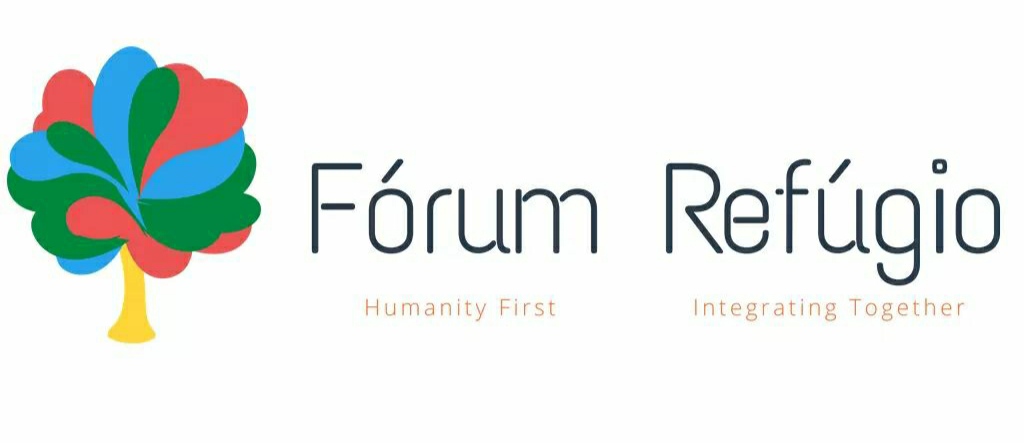
PhD in History of political ideas (Torino, 2005). Associate professor in Political philosophy (ASN 2017) and co-founder of InteRGRace – Interdisciplinary Research Group on Race and Racisms.
She is an Italian Critical Whiteness Studies Pioneer, an Anti-racist Feminist Activist and Scholar, and a Transnational De-constructor of Post-colonial (visual) Archives of Monstrosity.
Among her publications: the monographs Race, Nation, and Gender in Modern Italy. Intersectional Representations in Visual Culture (Palgrave Macmillan, 2018), Zombie, alieni e mutanti. Le paure dall’11 settembre ai giorni nostri (Le Monnier 2016), the co-authored Bianco e nero. Storia dell'identità razziale degli italiani with dr. Cristina Lombardi-Diop (Le Monnier 2013) `{`First prize 2014 in the 20th-21st century category by the American Association for Italian Studies`}`, and the forthcoming single-authored Monsters, Catastrophes and the Anthropocene: A Postcolonial Critique, Routledge: London, 2020.
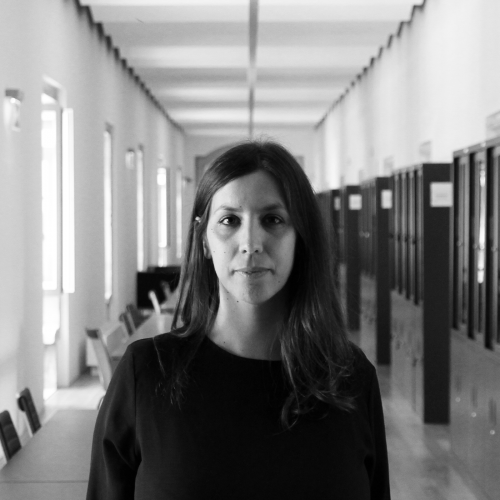
In the last fifteen years she has worked on numerous research projects in the field of IR, particularly Peace Studies. In addition to Guinea-Bissau and El Salvador, where she has concentrated most of her research, she has also participated in research in Portugal and Mozambique. Moreover, she has collaborated with civil society organizations and international organizations in conducting studies and training that seeks to understand and reduce multiple violence expressions. Currently, she is working on intergenerational memory of the liberation struggles in Guinea-Bissau and on experiences and representations of female participation in political violence.
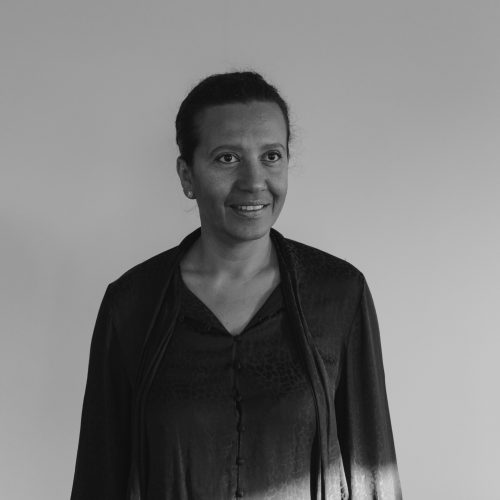
Ph.D. in Cultural Studies, from the University of Minho, with the thesis Otherness and identity in film fiction in Portugal and Mozambique. Her main research interests are racism, social identity, social representations and cultural memory in cinema, from a post-colonial and intersectional perspective. On these topics, she has published work in national and international journals and books. She was a researcher at the project On the margins of Portuguese cinema: a study on Afro-descendant cinema produced in Portugal. She is an integrated researcher at CECS/UM and, at the present time, a member of the project Memories, cultures and identities: how the past weights on the present-day intercultural relations in Mozambique and Portugal?. As a SOPCOM associated, she is the coordinator of the Visual Culture WG and Vista journal. She is a member of NARP - Antiracist Nucleus of Porto.
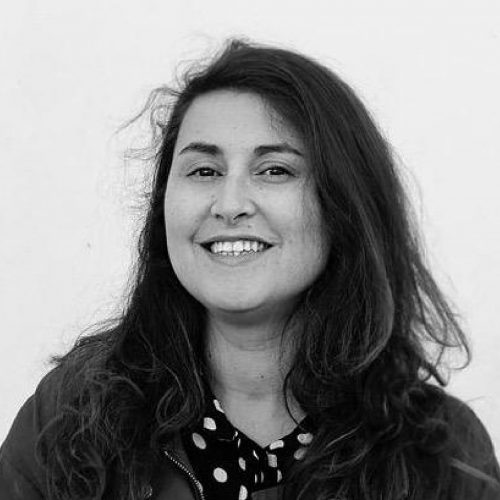
Over the last twelve years she has participated in several research projects in the fields of Peace and Security Studies. She was the co-coordinator and co-editor of the on-line bulletin P@x (2008-2014), the quarterly publication of the Peace Studies Working Group (NHUMEP/CES) and the executive coordinator of Observatory on Gender and Armed Violence/CES (2010-2014).
Her current research interests include: Feminism and IR/Security Studies; racialized and gendered tropes in the media and political representation of migrants, refugees and ``internal others”; violence, gender and small arms; and the agenda Women, Peace and Security. She is a member of the international networks International Action on Small Arms (IANSA) and the Global Alliance on Armed Violence.
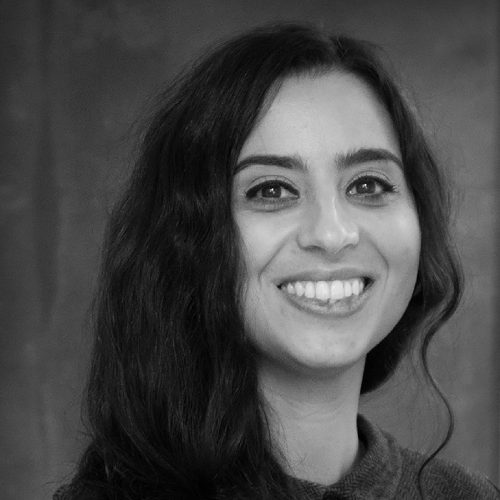

CONSULTANTS
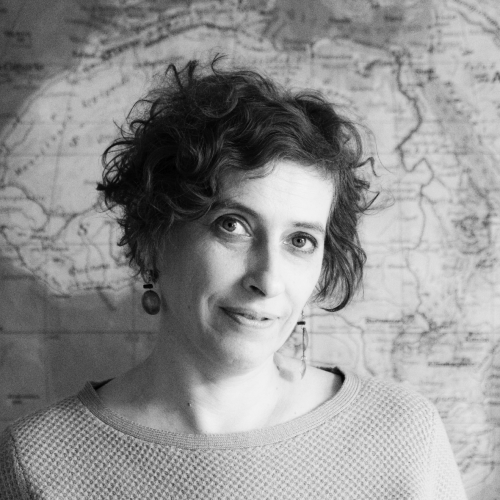
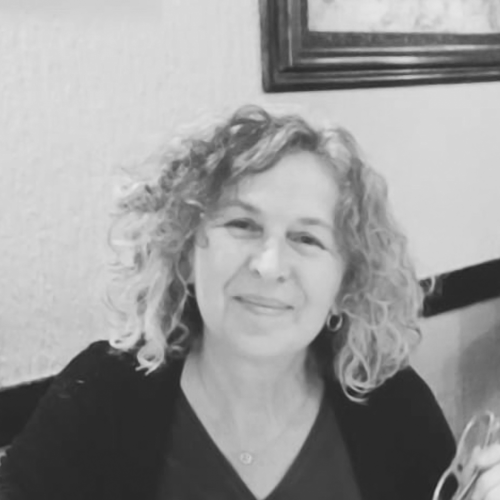

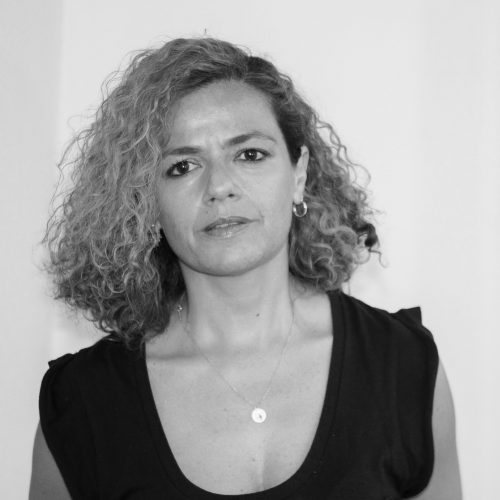
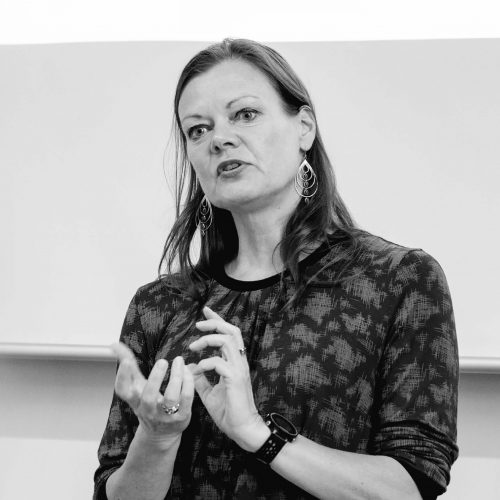
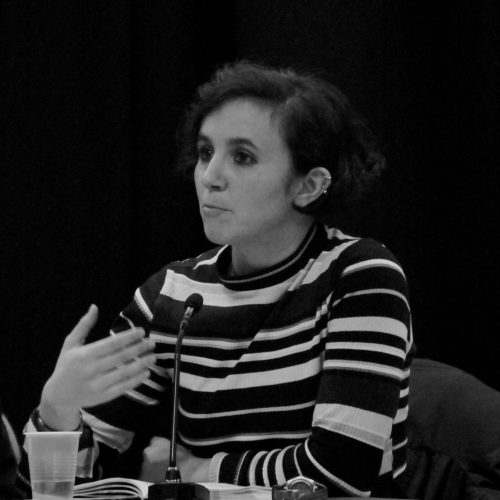
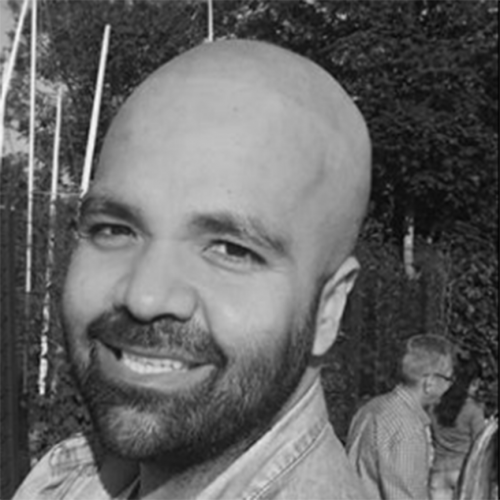
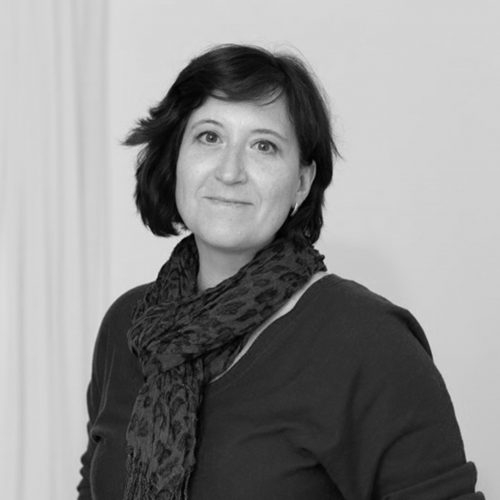
RESEARCH FELLOWS



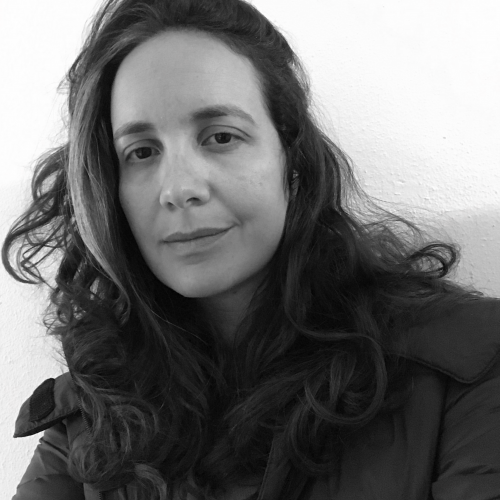

She is currently a collaborator of the international research network Compoliticas for the project Cibermov - Cyberactivism, Digital Citizenship and New Urban Movements and a member of the “Societá italiana delle Storiche” – Italian Research Society of Women History.








